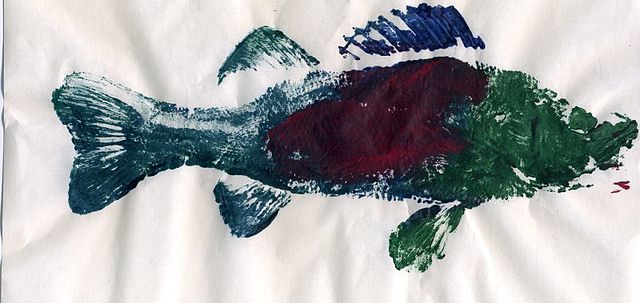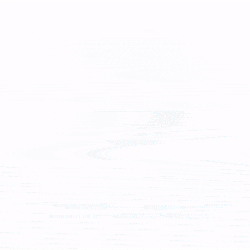
Seldom does a modern fisherman land a prize catch without capturing the moment forever, digitally, with a quick selfie. But without this key piece of technology—the camera—by what method did mid-19th century Japanese anglers preserve proof of their trophy catch for posterity? They practiced a traditional style of “fish printing” known as gyotaku (Japanese 魚拓). Accordingly, most fishing boats from this period were stocked with the essential art supplies: rice paper, brushes and sumi-e ink.
Over the decades, gyotaku has evolved from a rather crude means of measuring up a catch into a bona fide form of artistic expression; while it is no longer practiced in Japan by fishermen, it is appreciated woldwide as a fine art.
A form of specialized art termed nature printing or “rubbing,” subjects include anything from fishes to seashells to leaves. Fish require some preparation to ensure that they do not leak seawater or body fluids during the printing process. In its simplest form, the relief surface of the subject is coated with ink. Colorful pigments may additionally be used. A sheet of paper is rubbed over the inked surface of the fish carcass, capturing as many fine details of the scales, fin rays, etc. as possible. Sometimes this first dark copy would be used as a work copy, being used to print many lighter copies which were then often elaborated upon by hand. In the West, it is typical to start with the direct method, and then finish the piece off with the brush application of colored inks.
The effect is awesome. There is something simultaneously very real and very abstruse about these works. Well-executed pieces present an idealized yet anatomically precise subject.
To view a video demonstration of gyotaku, please visit: https://www.youtube.com/watch?v=InpLfs4rasw.










0 Comments